|
|
|
|
|
|
|
|
|
Award Number and Duration |
|
|
|
R01 1R01EB022876-01 Oct 1st, 2016 and June 30, 2020 (including 1 Year NCE) |
|
|
|
Points of Contact |
|
|
|
Bei Wang (PI for Year 3)
Tom Fletcher (PI for Year 1 and Year 2) |
|
|
|
Investigators |
|
|
|
Bei Wang
Tom Fletcher
Brandon A. Zielinski
Jeffrey S. Anderson |
|
|
|
Abstract |
|
|
|
Autism spectrum disorder (ASD) is a heterogeneous disorder characterized by repetitive and stereotyped behavior and difficulties in communication and social interaction. It is now one of the most prevalent psychiatric disorders in childhood, but it is also a lifelong condition, adversely affecting an individual's social relationships, independence and employment well into adult. A major barrier to creating effective treatments for autism is the lack of understanding of the specific brain mechanisms involved and how these are related to specific behavioral symptoms. We propose to develop novel statistical methods for combining heterogeneous imaging and behavioral data to understand how properties of complex brain networks give rise to behavioral phenotypes in autism and other neuropsychiatric disorders. The first contribution of this project is to develop novel image analysis methods to extract individualized features of complex brain networks from imaging data. This includes powerful method for describing the shape of gray matter in brain networks based on diffeomorphic image registration and a rigorous method for inferring an individual's functional connectivity based on a hierarchical Bayesian model. The next contribution is a novel method to capture the topology of brain networks simultaneously across all scale levels of connection strength. Finally, we will develop Bayesian statistical methods for finding correlations in high-dimensional and heterogeneous data, and we will use this to analyze the relationship between brain networks and behavior. This project includes a strong collaborative and multi-disciplinary team with expertise in computer science, statistical data analysis, neuroimaging, and clinical autism care. A primary goal of this project is to create open-source software that is used by the neuroscience community to advance research in understanding the brain basis of behavior in neuropsychiatric disorders. |
|
|
|
Publications |
|
|
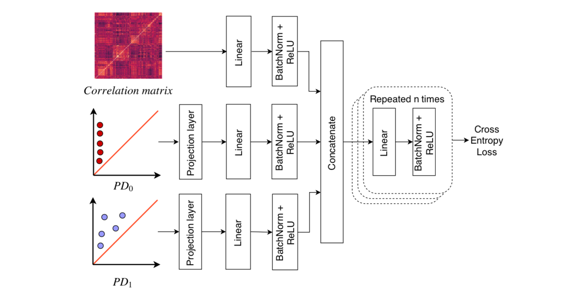
|
 Autism Classification Using Topological Features and Deep Learning: A Cautionary Tale.
Autism Classification Using Topological Features and Deep Learning: A Cautionary Tale.
Archit Rathore, Sourabh Palande, Jeffrey Anderson, Brandon Zielinski, P. Thomas Fletcher, Bei Wang. 22nd International Conference on Medical Image Computing and Computer Assisted Intervention (MICCAI), 2019. Supplemental Material DOI:10.1007/978-3-030-32248-9_82 Tool: Github: ASD-Classification-with-TDA |
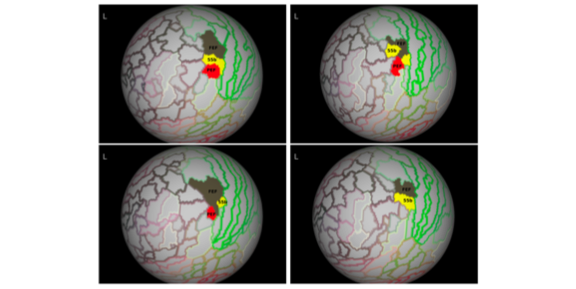
|
 Surface-Based Spatial Pyramid Matching of Cortical Regions for
Analysis of Cognitive Performance
Surface-Based Spatial Pyramid Matching of Cortical Regions for
Analysis of Cognitive Performance
Kristen M Campbell, Jeffrey S Anderson, P Thomas Fletcher 22nd International Conference on Medical Image Computing and Computer Assisted Intervention (MICCAI), 2019. DOI:10.1007/978-3-030-32251-9_12 Tool: Bitbucket: ISPM |
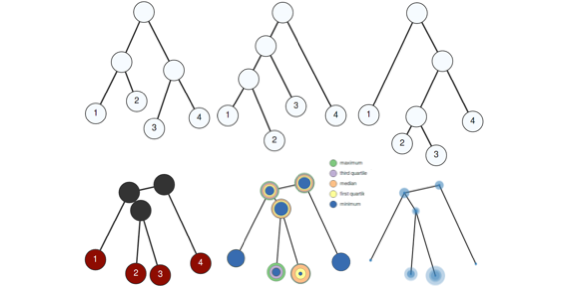
|
 A Structural Average of Labeled Merge Trees for Uncertainty Visualization.
A Structural Average of Labeled Merge Trees for Uncertainty Visualization.
Lin Yan, Yusu Wang, Elizabeth Munch, Ellen Gasparovic, Bei Wang. IEEE Transactions on Visualization and Computer Graphics (TVCG, Proceedings of SciVis), 26(1), pages 832-842, 2020. Supplemental Material. Doi: 10.1109/TVCG.2019.2934242 arXiv:1908.00113 Long Video. Short Video. Tool: Github: AMT |
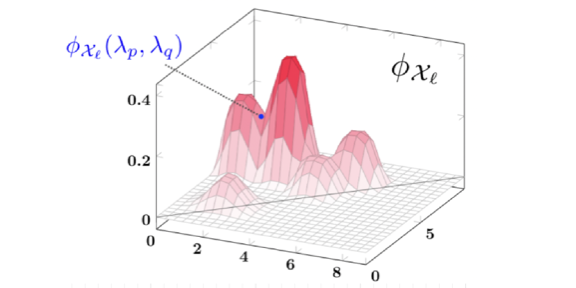
|
 A Kernel for Multi-Parameter Persistent Homology.
A Kernel for Multi-Parameter Persistent Homology.
René Corbet, Ulderico Fugacci, Michael Kerber, Claudia Landi, Bei Wang. Computational Geometry Young Researchers Forum at International Symposium on Computational Geometry, extended abstract, 2018. Shape Modeling International (SMI), 2019. Computers & Graphics: X, 2, 100005, 2019. DOI:10.1016/j.cagx.2019.100005 arXiv:1809.10231 Best Paper Award at SMI 2019! |
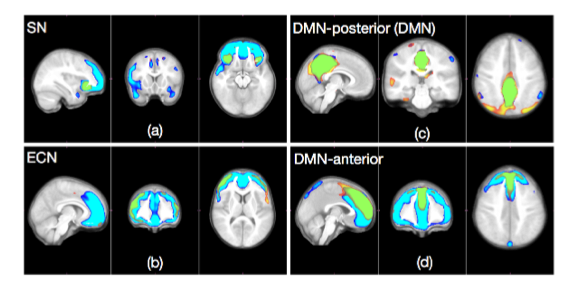
|
 Revisiting Abnormalities in Brain Network Architecture Underlying Autism Using Topology-Inspired Statistical Inference.
Revisiting Abnormalities in Brain Network Architecture Underlying Autism Using Topology-Inspired Statistical Inference.
Sourabh Palande, Vipin Jose, Brandon Zielinski, Jeffrey Anderson, P. Thomas Fletcher and Bei Wang. International Workshop on Connectomics in NeuroImaging (CNI) at MICCAI, 2017. Brain Connectivity, 9(1):13-21, 2019 DOI: 10.1089/brain.2018.0604 Tool: Github: scMRI-Topo |
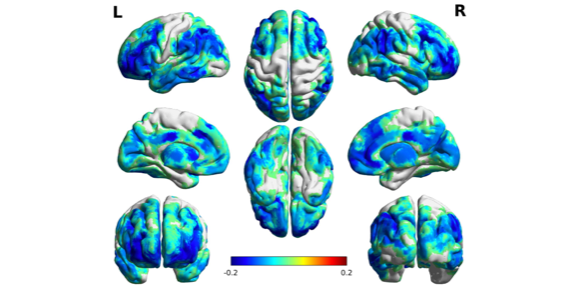
|
 Topological Data Analysis of Functional MRI Connectivity in Time and
Space Domains.
Topological Data Analysis of Functional MRI Connectivity in Time and
Space Domains.
Keri Anderson, Jeffrey Anderson, Sourabh Palande, and Bei Wang. International Workshop on Connectomics in NeuroImaging (CNI) at MICCAI, 2018. Connectomics Neuroimaging (LNCS, Proceedings of International Workshop on Connectomics in NeuroImaging), volume 11083. Springer, 2018. Supplemental Material. DOI: 10.1007/978-3-030-00755-3_8 Best Paper Award at CNI 2018! |
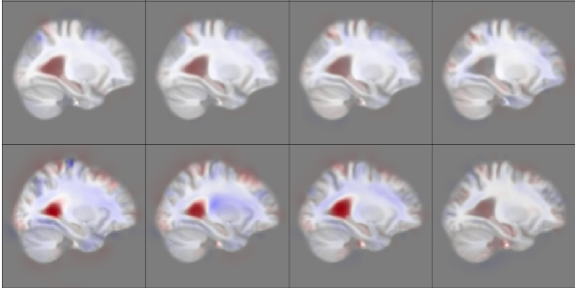
|
 Nonparametric Aggregation of Geodesic Trends for Longitudinal Data Analysis.
Nonparametric Aggregation of Geodesic Trends for Longitudinal Data Analysis.
Kristen M. Campbell and P. Thomas Fletcher, International Workshop on Shape in Medical Imaging (ShapeMI) at MICCAI, 2018. In: Reuter M., Wachinger C., Lombaert H., Paniagua B., Luthi M., Egger B. (eds) Shape in Medical Imaging. ShapeMI 2018. Lecture Notes in Computer Science, vol 11167. Springer, Cham, 2018. DOI: 10.1007/978-3-030-04747-4_22 Tool: Bitbucket: ALG Best Paper Award at ShapeMI 2018! |
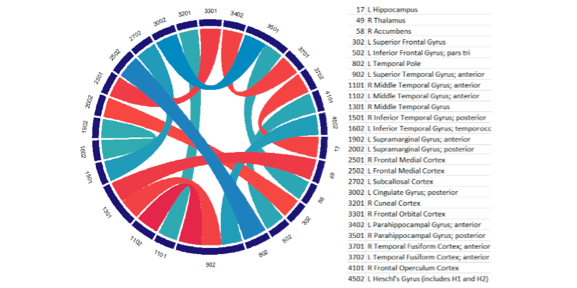
|
 Riemannian Regression and Classification Models of Brain Networks Applied to Autism.
Riemannian Regression and Classification Models of Brain Networks Applied to Autism.
Eleanor Wong, Jeffrey S. Anderson, Brandon A. Zielinski and P. Thomas Fletcher. International Workshop on Connectomics in Neuroimaging (CNI) at MICCAI, 2018. In: Wu G., Rekik I., Schirmer M., Chung A., Munsell B. (eds) Connectomics in NeuroImaging. CNI 2018. Lecture Notes in Computer Science, vol 11083. Springer, Cham, 2018. DOI: 10.1007/978-3-030-00755-3_9 Tool: GitHub: RiemannianAutism |
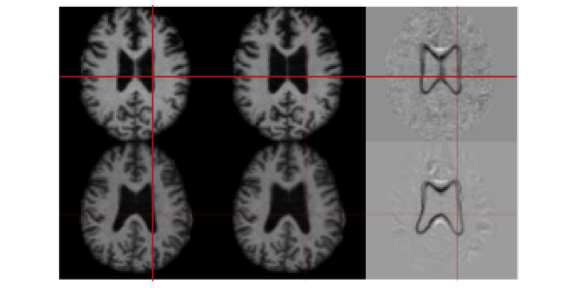
|
 Efficient Parallel Transport in the Group of Diffeomorphisms via Reduction to the Lie Algebra.
Efficient Parallel Transport in the Group of Diffeomorphisms via Reduction to the Lie Algebra.
Kristen M. Campbell and P. Thomas Fletcher. In: Cardoso M. et al. (eds) Graphs in Biomedical Image Analysis, Computational Anatomy and Imaging Genetics. GRAIL 2017, MFCA 2017, MICGen 2017. Lecture Notes in Computer Science, vol 10551. Springer, Cham, 2017. DOI: 10.1007/978-3-319-67675-3_17. Tool: BitBucket: FlashC |
|
|
|
Software Tools |
|
|
|
Tools developed as part of the project, including source codes and/or data:
|
|
|
|
Presentations, Educational Development and Broader Impacts |
|
|
|
Kristen M Campbell Conference poster presentation: Surface-Based Spatial Pyramid Matching of Cortical Regions for Analysis of Cognitive Performance, at 22nd International Conference on Medical Image Computing and Computer Assisted Intervention (MICCAI), October 13-17, 2019. |
|
|
|
Students |
|
|
|
Kris Campbell (PhD) |
|
|
|
Acknowledgement |
|
|
|
This material is based upon work supported or partially supported by the National Institutes of Health under Grant No. R01 1R01EB022876-01, project titled "Beyond Diagnostic Classification of Autism". |
|
|